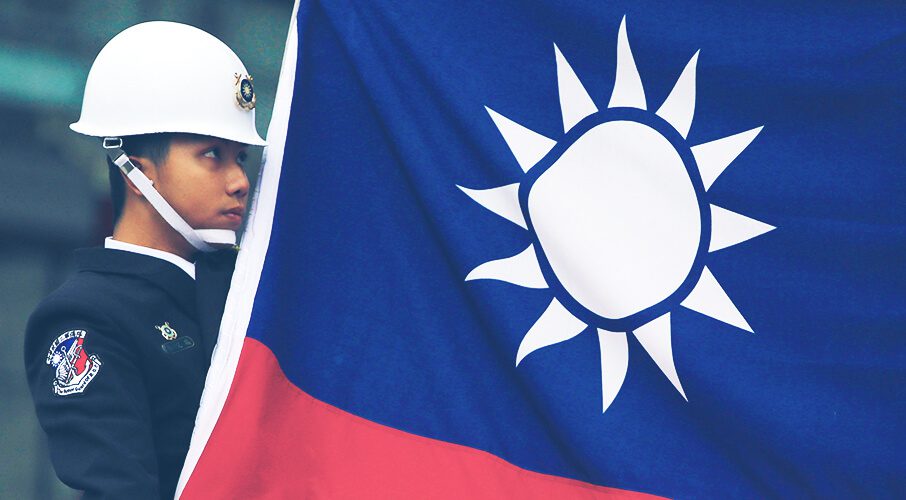 What Taiwan’s actions can and should provide are a set of reference points for policy-makers as they consider future efforts to protect our democracy, write Brett Byers and Brandon Purcell.
What Taiwan’s actions can and should provide are a set of reference points for policy-makers as they consider future efforts to protect our democracy, write Brett Byers and Brandon Purcell.
By Brett Byers and Brandon Purcell, January 10, 2020
Canadians have heard the warnings about foreign interference, particularly when it comes to elections. From Russian activity in the 2016 US election, to China’s United Front work, to disinformation spreading like wildfire over social media, the risks are becoming better understood.
However, apart from needed but inadequate work by Parliament, little has been done to inoculate our democracy against the kinds of risks that have plagued likeminded countries. Simply put, our decision-makers have lacked the will to combat seriously this simmering threat.
So where then can Canada look for inspiration? A leading country on this issue is a place Canada has more in common with than you may realize: Taiwan.
This tiny island nation faces constant threats from the Peoples Republic of China. Since the initial election of Taiwanese President Tsai Ing-Wen, the Chinese Communist Party (CCP) has beefed up attempts to undermine Taiwan’s democracy and erode its self-governance through a variety of efforts.
For Taiwan, the threat of foreign interference from Beijing is not mere meddling. Rather, it represents a potential existential threat from a large and aggressive authoritarian neighbour. And whether Canadians recognize it properly or not, influence from states like China can tear at our social fabric, undermine our sovereign decision-making, and damage our democratic institutions too.
So what has Taiwan done to combat this threat? Their Parliament fast tracked new legislation, a so-called “anti-infiltration law,” that creates strict new rules and penalties for anyone acting politically on behalf of “overseas hostile forces” – particularly China.
Those found guilty of engaging in political activities that are directed by Beijing and its affiliated entities could serve up to five years in prison or fines of up to $431,000 CAD. This includes making illegal political donations, staging campaign events, or otherwise interfering in elections on behalf of “overseas hostile forces.”
And there is already evidence that this law is having its desired effect, with some pro-Beijing agitators already signalling their intent to cease operating in Taiwan.
This isn’t the only action that Taiwan is taking either. By partnering with companies like Facebook and employing rigorous standards on its own government agencies to fact-check and counter the flow of disinformation, Taiwan is leading the free world in its approach to defending democracy against foreign influence without stifling free speech.
How could this apply to Canada? Most obviously, these efforts from Taiwan present a possible framework for Ottawa to consider. A full debate is now needed on the nature of the threats posed by foreign influence and the measures needed to combat these threats.
To get this debate started, it must be understood that Canada faces less of an existential threat than Taiwan, but that doesn’t mean we should be caught off-guard. China in particular has done an impressive job of embedding itself within Canada’s business and academic communities, leveraging its United Front work, and dominating many influential politicians. This effort has placed Beijing in a position of influence over our entire political system. Clearly, the threat is real and urgent.
While the Taiwanese government’s measures are not without their critics (namely, Taiwan’s opposition parties) they nonetheless represent a move toward taking the threats posed by China and other foreign entities more seriously. In Canada, this sort of clear-eyed approach is sorely needed and long overdue.
What Taiwan’s actions can and should provide are a set of reference points for policy-makers as they consider future efforts to protect our democracy.
Brett Byers is the Communications Manager at the Macdonald-Laurier Institute. Brandon Purcell is a Political Aide to an Ontario MPP.




